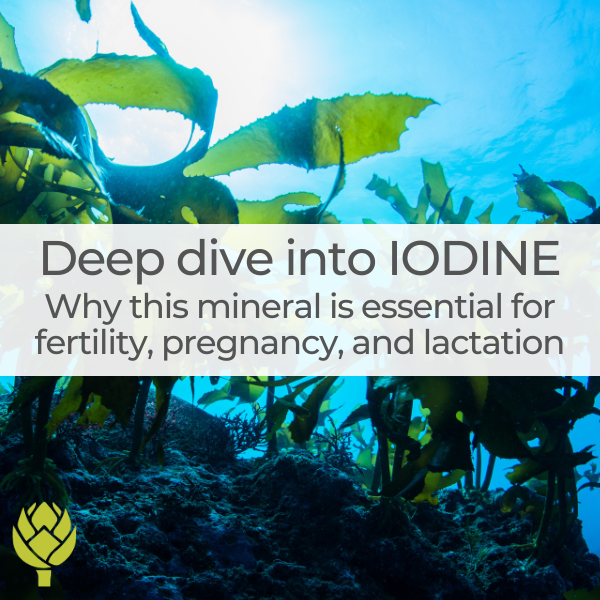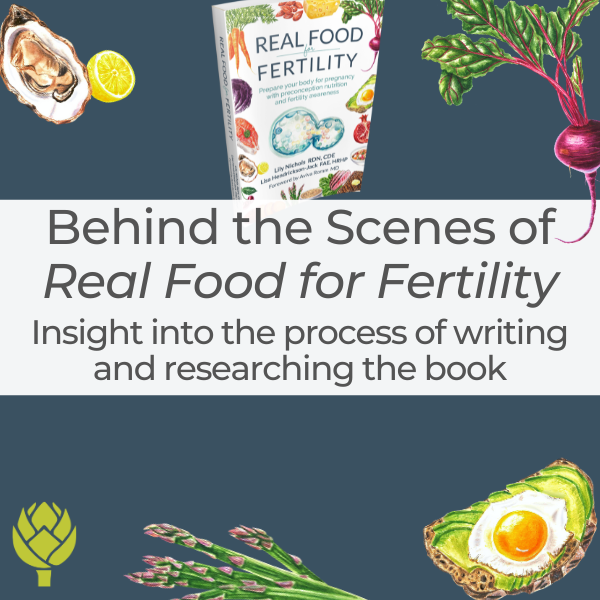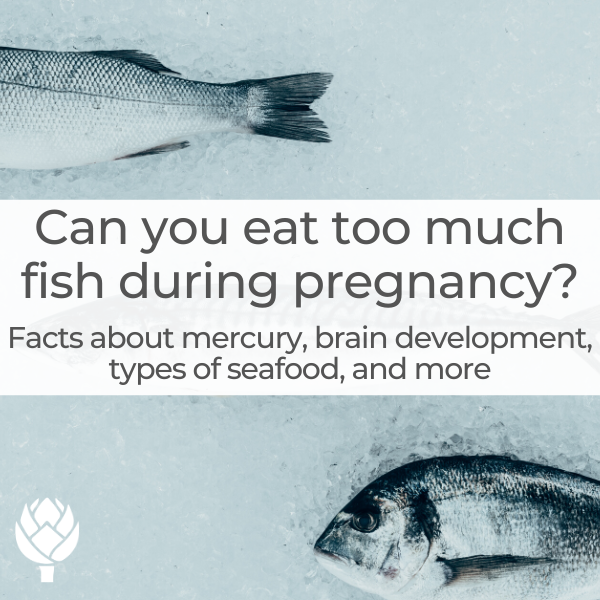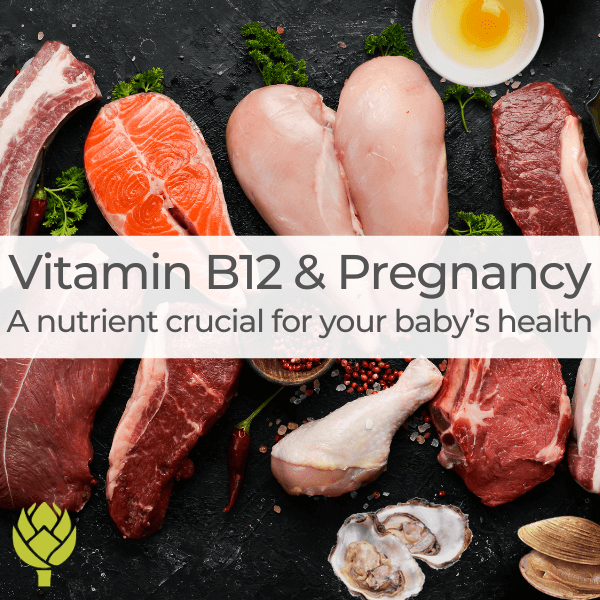Did your grandma ever tell you “Your eyes are bigger than your stomach.”? She was worried about you serving yourself more food than you can eat. I think all of us have had that experience.
I stumbled across the cutest cartoon last week. Check it out.
It must be human nature that we consistently overestimate the amount of food we need. This is especially true when you’re really hungry. You see, human physiology is adapted to survive famines and the resulting starvation. It’s only natural that our bodies tell us to eat as much as we can while food is still available.
But this scarcity mindset leads to overeating time and time again. And there’s some evidence that this is a learned behavior that can be modified.
So how do you stop?
The trick is to pay careful attention to your body’s hunger and fullness signals – from your stomach’s point of view, not your eyes.
This is not easy to master. It’s something that takes continual effort and one that pays off continuously.
When your stomach is in control, you have more control.
It starts with giving yourself permission to eat any and every time your body tells you it is hungry.
If you deny yourself food when you are hungry, your body will often override the signal that it’s full.
It’s not one or the other. This is why so many people fail after low calorie diet fads.
The second part, and this is the hard one, is to give yourself permission to stop eating when you feel satiety begin to set in – when you’re satisfied, but not already stuffed.
Babies and very young children naturally eat this way.
We fall out of sync with this inner wisdom when adults or social/familial customs interfere. Think of comments like this: “You must clean your plate before your leave the dinner table!”
Research actually shows that allowing children more control over their food intake leads to less emotional eating and lower risk of the child becoming overweight. (Though I will mention that it’s up to the parents to offer healthy foods to choose from…)
And we know that behaviors learned in childhood tend to shape our behaviors as adults.
So go ahead and be a kid again.
Offer yourself healthy and satisfying foods and let your body decide when to eat and when enough is enough. Only you know how much food you really need. All the fancy calculations that I can do are never as accurate as tuning into the cues your body gives.
If you grew up in a household that encouraged you to “clean your plate” or in any way controlled, restricted, or forced food upon you, it will take even more compassion and awareness to overcome these learned behaviors. Be kind to yourself in the process.
I’d love to hear your experience and I know other readers would benefit as well.
- Have you ever felt like your eyes are bigger than your stomach? Like you could eat an entire pie?
- Do you notice a link between the way you were taught to eat as a child and the way you eat now?
- How do you manage to eat the right amount of food for you, even when external pressures may make you want to do otherwise?
Hearing the experiences from others who’ve tried, stumbled, practiced, and triumphed really makes a huge difference.
Consider this an experiment and be open to what you learn, whether it supports or negates your original hypothesis. The process is more important than the outcome.
If you want to explore this deeper, be sure to sign up for email updates. I’ll be blogging about mindful eating more often in the upcoming months.
Also, my next workshop with explore this topic and include mindful eating exercises, so you can practice being more aware and in-tune with your body as you eat and put an end to overeating and emotional eating. You’ll learn how to identify true hunger and fullness (’cause maybe we never learned, or maybe we never paid much attention) and how to apply these tools to everyday meals. The workshop will be in September and full details will be posted here, of course.
Until next week…










When I was a kid, I always ate only what I was hungry for. If I was full by desert, then I wouldn’t have desert. If I got “full” while chewing a bite of food, I’d spit it out! I wouldn’t swallow one more bite.
After living on my own and not having enough money to buy food, especially good food, I developed some unsavory habits…eating hot sauce off my finger, drinking all the pickle juice leftover after the pickles were all gone… It also included binge eating whenever there WAS food. So that, even when I had money for food or when it was abundant, I developed a habit of overeating.
I’ve been slowly going back to my old ways of eating only when I am truly hungry and stopping just before I am full.
I heard that Japanese peasants have a traditional saying before each meal that basically translates to “Stop just before you are fully satisfied.” Whether or not that is true, I think it is a logical habit. 🙂
Juli,
Thanks for sharing your experience and observations. There’s actually a study from the 40’s called the Minnesota Starvation Experiment you might be interested in reading.
I’ve also heard the of that Japanese saying being translated to “Eat until you are 80% full”. Either translation, it’s wise advice.